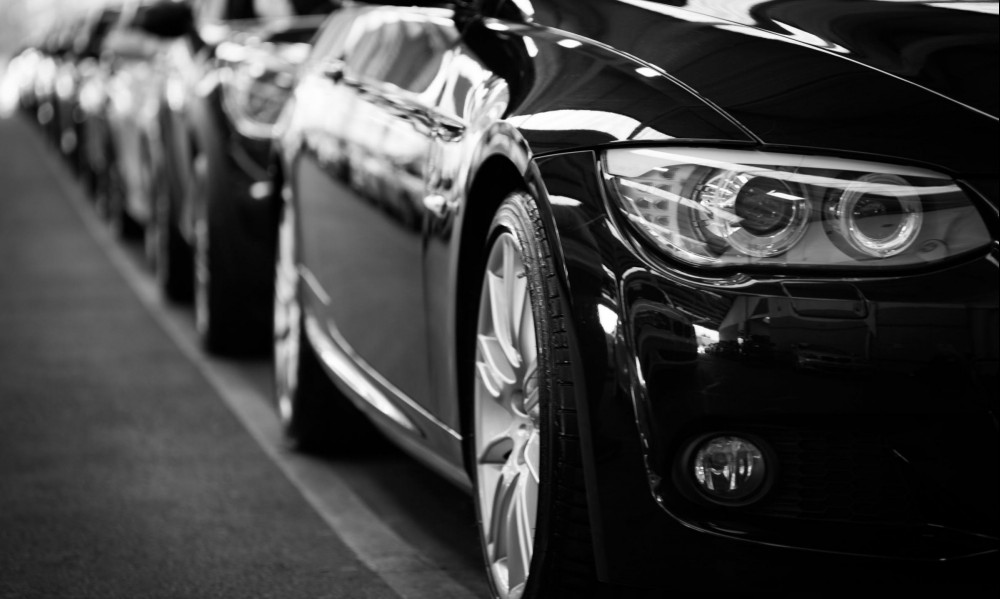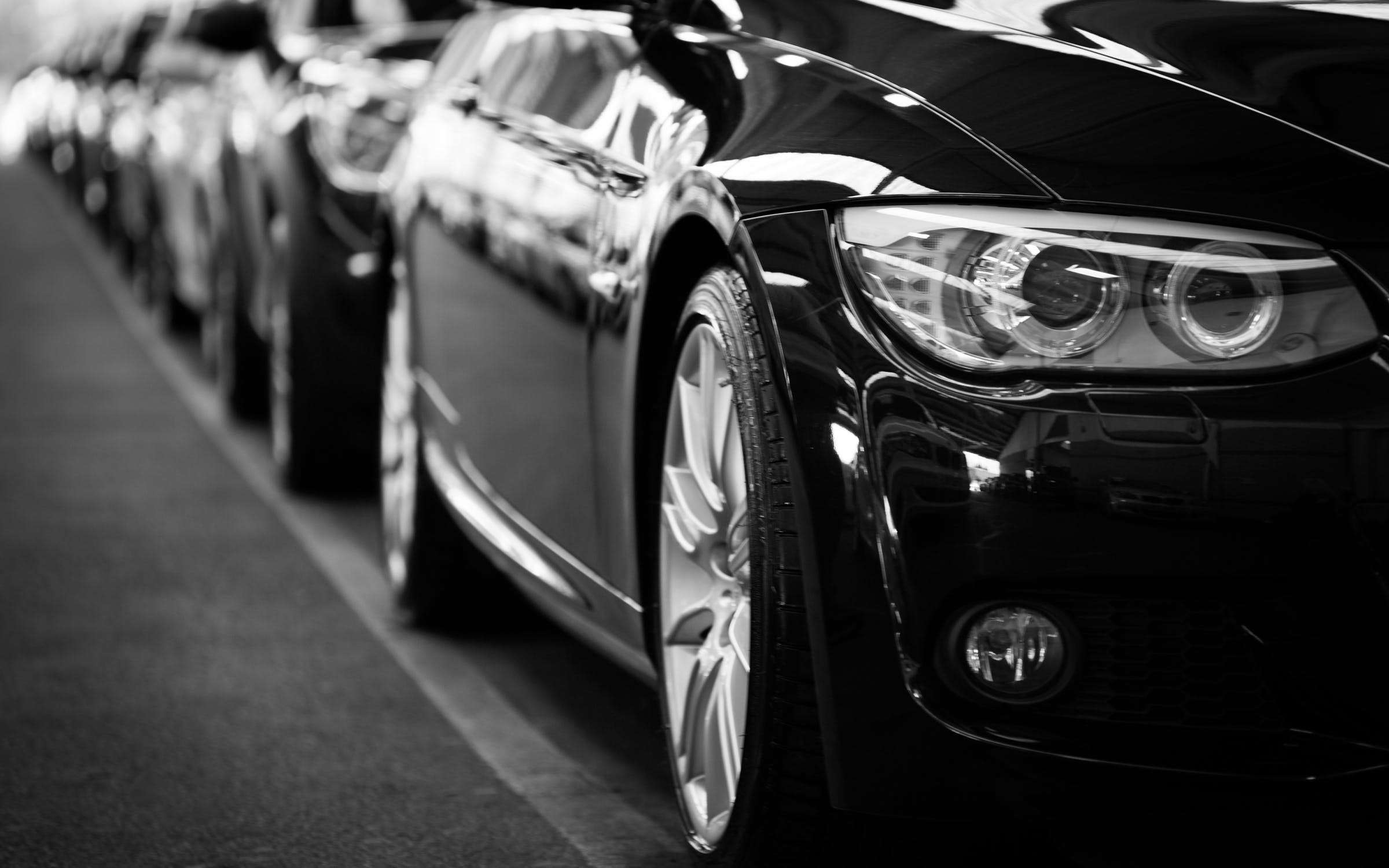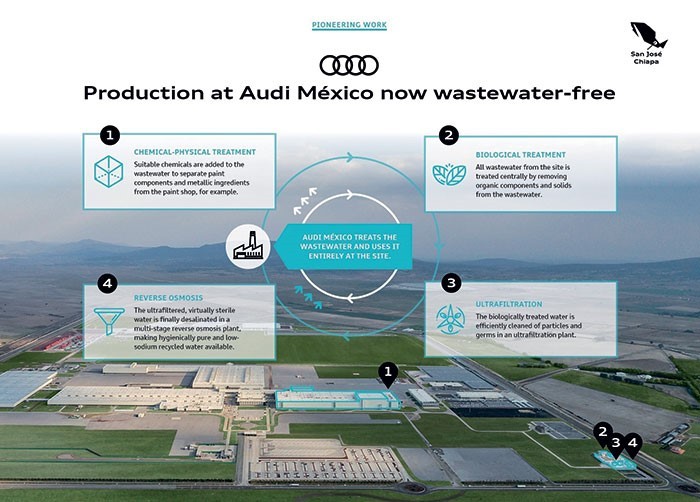Focus on Circular Economy of Water and the Automotive Industry
18/04/2019

Recycle its effluents, produce with less water? From personal hygiene, to air-cooling towers to paint shops, cars assembly plants are larger water consumers. To reduce its water footprint, the automotive industry is turning to economical and virtuous practices of circular water economy.
BMW saves thousands of liters by washing its vehicles with recycled wastewater!
On January 25th 2019, Cox automotive unveiled its annual winner of sustainable development.
"Cox Automotive is proud to reward BMW (Ramsay site) for raising standards for sustainable development and having practices that make a difference," said Andy Schwartz, president of Cox Automotive.
Beyond the optimization of the energy loop (LED lighting, installation of solar panels), which allow the BMW Ramsay site to emit 151 t of CO2 less each year, the car manufacturer is committed to an approach to reduce its water footprint.
A simple and effective measure, the Ramsay site vehicles are washed with treated effluents. This practice in favor of the circular water economy saves thousands of liters of water each year.

In Mexico, Audi produces its vehicles without producing wastewater
Audi is one of the first car manufacturers to have a "zero rejection" plant. At its "San Jose Chiapa" plant in Mexico, inaugurated in 2016 (producing the Audi Q5 for the global market), the automaker set up a circular water saving loop to reuse 100% of wastewater produced.
The industrial effluents produced are collected, treated and reinjected into the manufacturing process. The wastewater produced is purified via advanced purification technologies. They go through a physico-chemical pretreatment and then a biological treatment. The refining of the effluent is then done by an ultrafiltration unit combined with a reverse osmosis stage.

In a region subject to significant water stress, the car manufacturer secures its business and significantly reduces its water footprint. Each year, nearly 100,000 m3 of water are reused. The "Zero Rejection" approach is combined with the mobilization of rainwater and the construction of a reservoir of 240 000 m3 which allows the automaker to recover water during the rainy season.
And what about the French manufacturers?
The Group Renault has made a strategic commitment to reduce its carbon footprint by 25% per vehicle produced in its strategic plan for 2022. This indicator is deployed throughout the entire production chain on all its production site (worldwide).
At its site in Tangier, Morocco, under conditions of severe water stress, Renault recycles its industrial effluents, ensuring 70% of its water production. The effluents produced are collected, treated and reused in various consumption stations, including cooling towers and machining of mechanical parts.
In France initiatives are also developing, the site Toyota Valenciennes has focused on the recovery of rainwater by creating two storm basins that allowed him to reduce its water consumption by 80%. The site's purification plant also makes it possible to recover 40% of the industrial effluents produced.
Securing its activities while reducing its water footprint, the automotive industry takes up the challenge!
Reduce, Recycle , ... and Reuse
These few examples are not limited to the automotive sector : in any industry, once measures to Reduce water consumption and Recycle effluents are effectively implemented, the Reuse options are the way to reach a Zero Discharge objective and contribute to the local economy and the protection of our environment.These few examples are not limited to the automotive sector : in any industry, once measures to Reduce water consumption and Recycle effluents are effectively implemented, the Reuse options are the way to reach a Zero Discharge objective and contribute to the local economy and the protection of our environment.
To find out more: Click here (Audi factory) and here (Renault site in Morocco)
Discover our specific solutions for the industry: here and here
Ecofilae, April 2019. Martin Perrin